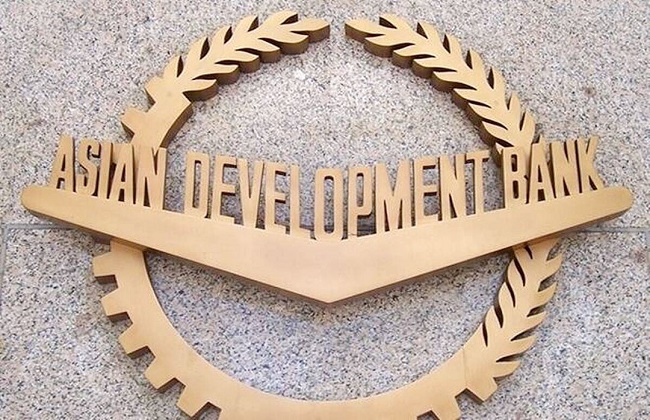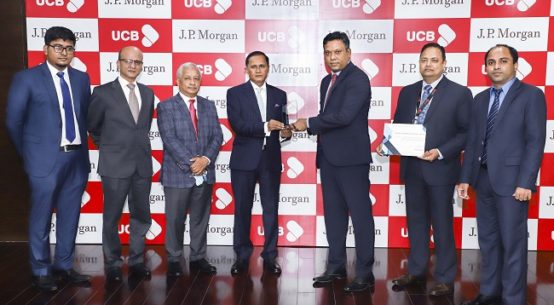
The Asian Development Bank (ADB) committed US$23.6 billion from its own resources in 2023, including US$9.8 billion for climate action, to help Asia and the Pacific progress on sustainable development.
These figures are among the financial and operational results published on Sunday in the ADB’s Annual Report 2023. The report summarizes how ADB supported its Developing Member Countries (DMCs) to address the worsening climate crisis as well as the impacts of conflicts, food insecurity, and increased debt burdens, among other challenges, said a press release.
“ADB continued to step up as the climate bank for Asia and the Pacific, reaching our highest-ever annual financing for climate action,” said ADB President Masatsugu Asakawa.
“Our investments in adaptation and mitigation had a strong focus on climate-resilient agriculture, renewable energy, and low-carbon transport,” Asakawa added.
The $23.6 billion comprised loans, grants, equity investments, guarantees, and technical assistance provided to governments and the private sector.
Supplementing its own resources, ADB mobilized an additional $16.4 billion in co-financing through its strong partnerships.
ADB invested heavily in building high-quality energy, transport, and other infrastructure essential for sustainable development. It further strengthened the region’s human capital through increased support for education and health.
Addressing gender inequality continued to be a cornerstone of the bank’s work, with almost all its 2023 operations contributing to reduce remaining imbalances, including support to mitigate the disproportionate gender impacts of climate change.
The report explains how ADB is evolving so it can help accelerate the region’s progress toward the Sustainable Development Goals (SDGs).
Major capital management reforms introduced in 2023 will bolster the bank’s future lending operations by unlocking up to $100 billion in new lending capacity over the next decade. ADB also began rolling out its new operating model in 2023, a generational transformation to improve the way the bank serves its clients.
“Our new operating model has enabled ADB to make the key shifts needed to deliver better, faster, and more tailored support to our DMCs,” said Asakawa.
ADB is committed to achieving a prosperous, inclusive, resilient, and sustainable Asia and the Pacific while sustaining its efforts to eradicate extreme poverty. Established in 1966, it is owned by 68 members–49 from the region.


